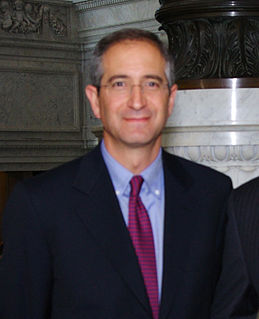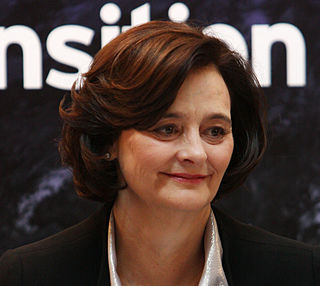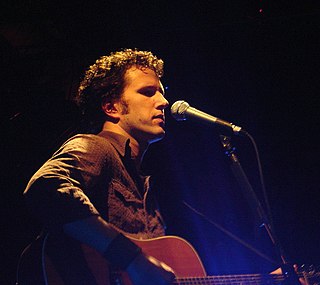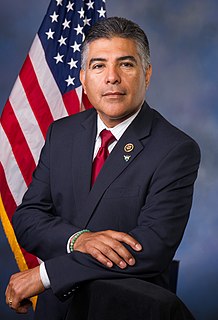A Quote by Michael O'Rielly
Maybe Wi-Fi is a good technology to stretch existing networks beyond their edges to more rural portions of our nation. Similarly, Wi-Fi may be the cheapest and fastest way to bring Internet access to the huge populations of the world now without it.
Related Quotes
I think it's a sign of a gotcha political system that's looking to take down public interest candidates that they make a big deal out of a comment to a parent concerned about the exposure of young children to Wi-Fi. Now it turns out that Wi-Fi is actually untested. A large study by the NIH [National Institutes of Health] released a month ago raised serious questions about whether kids ought to be exposed, whether young children ought to be exposed to Wi-Fi. And you know, I'm not saying they should or they shouldn't but that this should be studied. Absolutely it should be studied.
Who benefits from Wi-Fi? We all benefit from Wi-Fi. Is there an industry here? Of course, there is an industry, as well. The point is public health needs protecting. I don't think you should have to prove that there is some profiteer who might have an ulterior motive in order to protect public health.
































